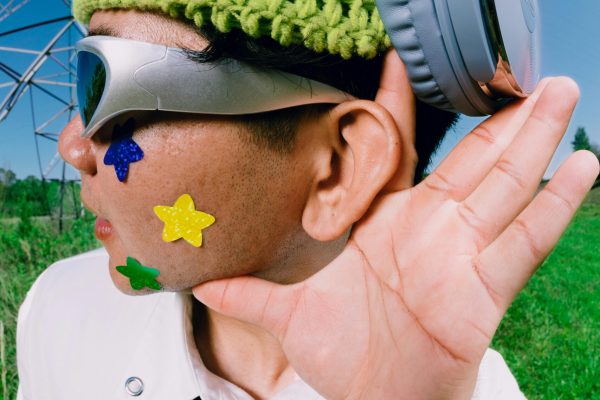We’re All Doing Our Best, But Here’s the Hard Truth that support workers reveal…
First of all, let me just say this — if you’re here reading this, you care. You care deeply about your loved one, their well-being, their happiness, and their ability to live life to the fullest. And honestly, that already puts you miles ahead.
But even the most dedicated families can run into challenges, and today, I’m going to talk about the #1 mistake families make when working with support workers.
This isn’t about blame; it’s about awareness. Because once we know better, we do better.

You know those moments when you think everyone understands what’s going on, only to find out later that you were all on different planets? Yeah, that happens a lot in disability support services.
The biggest mistake families make is assuming that support workers automatically know what you want, need, or expect without having clear conversations.
Let Me Share a Story…
I once worked with a family who had an incredible community support worker named Sarah. Sarah was dedicated, professional, and passionate about her role. But after a few weeks, the family started getting frustrated — appointments were missed, routines were disrupted, and everyone felt like they were walking on eggshells.
Turns out, Sarah was doing her best based on what she thought the family wanted. Meanwhile, the family had expectations that they’d never really communicated.
When we finally sat down together and hashed it out, it was like flipping a switch. Suddenly, everyone was on the same page, and the care plan became clear, structured, and—most importantly—effective.

Let’s be honest—life is busy. You’ve got a million things on your plate, and sometimes it feels easier to just hope things will fall into place.
Here are a few common reasons why communication with a support worker breaks down:
Assumptions: Thinking support workers already know your loved one’s preferences or daily routine.
Fear of Overstepping: Worrying about being too demanding or critical.
Lack of Time: Quick chats at the door aren’t always enough to cover everything.
Emotional Barriers: Sometimes, it’s hard to talk about the tough stuff—like feelings of burnout or frustration.
But here’s the thing: Support workers aren’t mind readers. They want to do their best work, but they need your help to make that happen.
The good news? This problem is 100% fixable. Here are a few simple, actionable steps you can take right now:
1. Start With a Real Conversation
Set aside some time—without distractions—to sit down with your individual support worker or community support worker. Be clear, honest, and open about your goals, concerns, and expectations.
2. Write Things Down
A shared care plan or communication log can be a lifesaver. It doesn’t need to be fancy—just a notebook or a shared document where everyone can jot down notes, updates, and reminders. There are also apps these days to automate note taking during meetings. I would recommend my minutes AI, you can use for free from your phone to get you started.
3. Ask Questions
If something isn’t clear, ask! And if you feel like your independent support worker isn’t quite understanding, try rephrasing or providing examples.
4. Regular Check-Ins
Make time for quick weekly or monthly catch-ups. Even 10 minutes can make a huge difference in keeping everyone aligned.

When families and support workers work together, magic happens.
Here’s what great communication looks like:



And you know what? This doesn’t just make life easier for you—it creates an environment where your loved one can truly thrive.
When families and support workers communicate well, the impact goes far beyond day-to-day tasks.
Better Outcomes for the Individual: Whether it’s community outings, learning new skills, or just feeling safe and supported, everything improves when everyone is on the same page.
Less Stress for Families: You’ll feel more confident knowing your loved one is in good hands.
Empowered Support Workers: Clear communication helps workers feel valued and equipped to do their best work.
At the end of the day, it’s about partnership. This isn’t a one-way street—it’s a team effort, and every voice matters.
If you take one thing away from this article, let it be this: Don’t assume—communicate.
Whether you’re working with a support worker, clear and honest communication will always lead to better outcomes.
Take the time to connect, ask questions, and create a shared understanding. Because when everyone is on the same page, everyone wins.
At Respite Family Support, we believe in the power of communication, trust, and collaboration. Whether it’s helping with community access, supporting day-to-day care, or empowering independence, we’re here to walk this journey with you.
Ready to have that conversation?

Reach out today, and let’s create a care plan that truly works for you and your family.
👉 Book a chat
👉 Contact Us form
Because every family deserves support that feels personal, reliable, and aligned with their unique needs. 🌟